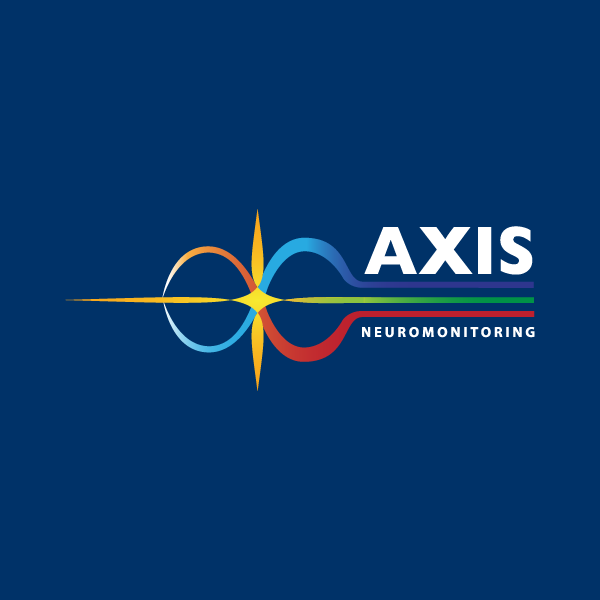How a physiatrist approaches spine’s biggest challenges
By Admin | July 16, 2025
Nonoperative spine care will likely grow as regenerative medicine and opioid-sparing approaches advance, Brad Sorosky, MD, said.
Dr. Sorosky, a physiatrist with Phoenix-based Desert Spine & Sports Physicians, spoke with Becker’s about reducing opioid use in spine patients, his top payer challenges and more.
Note: This conversation was edited for clarity.
Question: What are your strategies to avoid opioid use?
Dr. Brad Sorosky: Our core philosophy centers on a comprehensive health and wellness approach to patient care, which naturally excludes reliance on opioids. Early in my practice, we operated within a traditional pain management model that frequently prescribed opiates, however, we consistently observed poor patient outcomes with this approach.
Consequently, we shifted our focus toward evidence-based alternatives that prioritize functional restoration and long-term wellness. Our practice now actively communicates to the medical community that we welcome all patients seeking pain management solutions, with the exception of those specifically seeking opioid management. This strategy has allowed us to develop expertise in innovative, non-opioid treatment modalities while maintaining our commitment to patient-centered care.
Q: How is regenerative medicine use evolving at your practice?
BS: We maintain an accredited fellowship program in Interventional Spine and Musculoskeletal Medicine through the North American Spine Society, which reflects our commitment to advancing clinical practice with a focus on evidence-based management. We have a privademic practice, which means in addition to being a private practice, we integrate rigorous educational components, including bimonthly didactic sessions and monthly journal clubs with our fellows.
Our monthly journal club, which is open to the community, attracts practitioners who review the latest research in our field including regenerative medicine research. Currently, over 140 level-one evidence studies support the use of biologics such as platelet-rich plasma (PRP), which forms the foundation of our clinical protocols. We primarily utilize PRP and Bone Marrow Aspirate Concentrate (BMAC) in our practice.
However, we maintain a cautious approach toward...(More)
For more info please read, How a physiatrist approaches spine’s biggest challenges, by Becker's Spine Review



